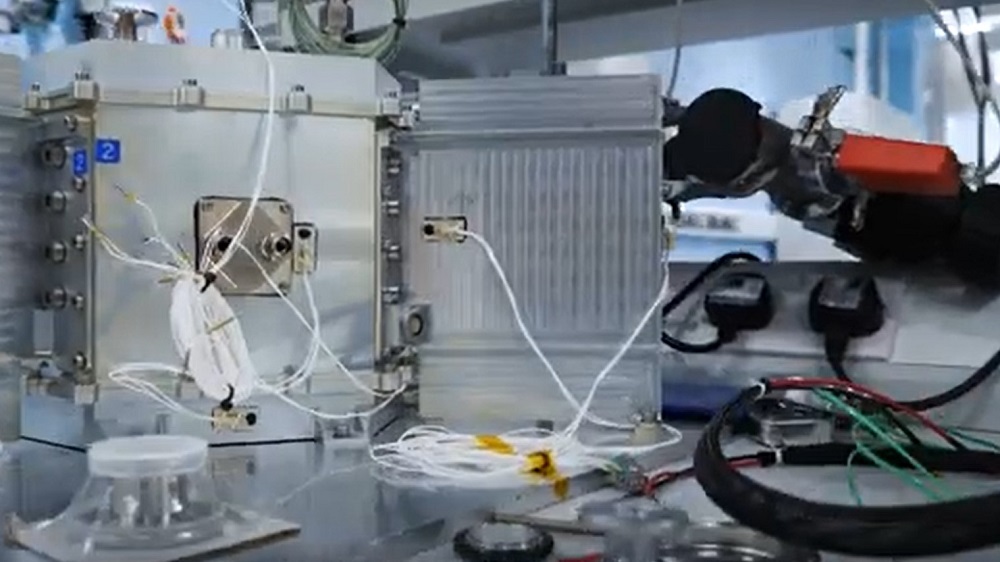The work, commissioned and funded by the UK Space Agency from NNL, will be delivered in a new £19 million laboratory in Cumbria equipped with next-generation equipment and technology. It will deliver a sovereign supply of fuel for space batteries in the context of a global shortage, enabling UK and its partners to pursue new space science and exploration missions.
Science Minister George Freeman said, “This new capability marks a significant milestone for the North West Space Cluster, adding skilled jobs to the existing 2,000 strong workforce. This exciting work from the National Nuclear Laboratory is supported by over £19 million in government funding, creating a nuclear-based fuel that will put Sellafield and the North West firmly on the global space technology map. Being able to offer a globally unique supply of Americium-241 will encourage investment and unlock growth opportunities for all sorts of UK industries looking to explore nuclear energy.”
Considered ‘mission critical technologies’ by space agencies in the UK and around the world, all the Apollo missions had an atomic battery in tow, as has every rover that has gone to Mars. Until now, these have been powered by Plutonium-238, a radioisotope produced only in the US, where supply is limited, and Russia, so an alternative is urgently needed.
Professor Tim Tinsley, account director for this work at the National Nuclear Laboratory said “For the past 50 years space missions have used Plutonium-238 to stop spacecraft’s from freezing but it is in very limited supply. At NNL we have identified significant reserves of Americium-241, a radioisotope with similar properties to Plutonium-238 but game-changing potential for the UK’s space ambitions. This work, which is being made possible through the support of UK Space Agency, will see us applying decades of experience in separating and purifying used nuclear material in order to unlock great public benefits, and it goes to the heart of our purpose of nuclear science to benefit society.”
Atomic space batteries, also known as Radioisotope Power Systems (RPSs), release heat as the radioactivity within them decays. The heat can be used directly to prevent spacecraft from freezing and it can be converted into electricity to power on-board systems. The batteries go on working for decades, without need for maintenance over the many years in which a spacecraft could be travelling. The support from the UK Space Agency follows the UK’s record investment to the European Space Agency for a range of new programmes, including £22 million for ENDURE (European Devices Using Radioisotope Energy), which will use radioisotopes to develop systems for warming and powering spacecraft.
